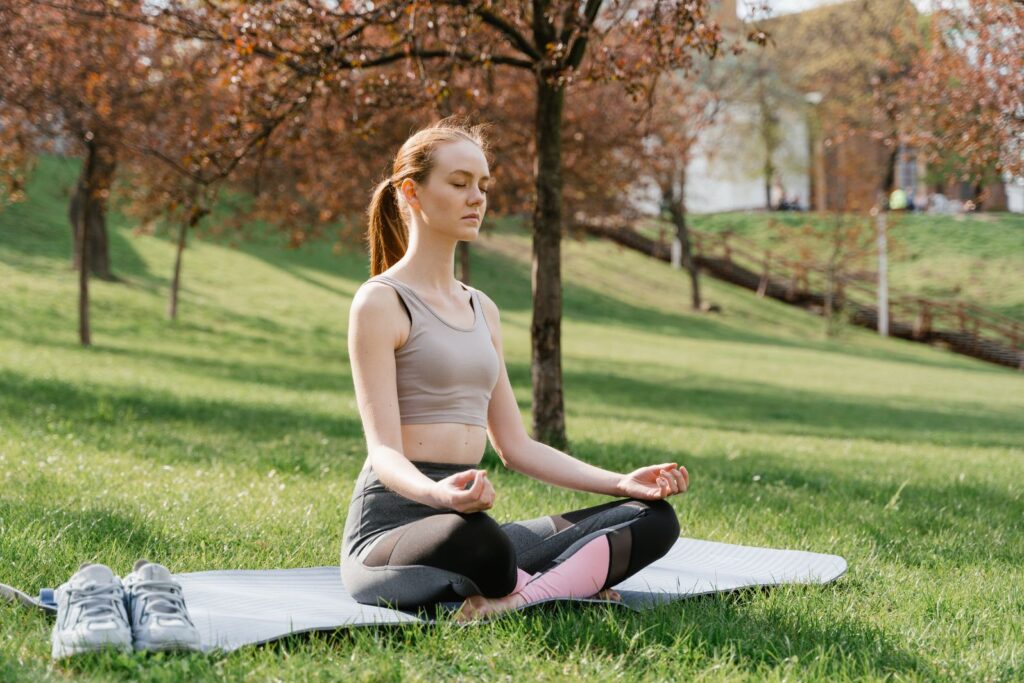In a world filled with fast food, long work hours, and digital distractions, maintaining good health can feel like a challenge. Yet, true wellness isn’t about extreme diets or punishing workouts — it’s about consistency, balance, and awareness. Whether you’re looking to lose weight, boost immunity, or simply feel better each day, adopting a few key habits can dramatically transform your physical and mental well-being.
1. Nutrition: Fuel Your Body Right
The food you eat becomes the energy your body uses to function. A balanced diet is the cornerstone of good health. Focus on:
- Whole Foods: Include fruits, vegetables, whole grains, legumes, nuts, and seeds.
- Lean Proteins: Eggs, dairy, tofu, and pulses support muscle health and metabolism.
- Hydration: Water flushes out toxins and keeps your organs functioning properly. Aim for at least 2–3 liters a day.
- Limit Processed Foods: Reduce intake of added sugars, trans fats, and overly salty snacks.
Tip: Try the 80/20 rule — eat healthy 80% of the time, and enjoy indulgences mindfully the other 20%.
2. Physical Activity: Move to Stay Young
You don’t need a gym membership to stay fit. Physical activity in any form boosts heart health, mental clarity, and energy levels.
- 30 minutes a day of brisk walking, yoga, or cycling can work wonders.
- Include strength training 2–3 times a week to maintain muscle and bone density.
- Even simple practices like taking the stairs or stretching at your desk help break sedentary patterns.
3. Mental Health: Don’t Neglect Your Mind
Mental health is just as important as physical health. Chronic stress, anxiety, or depression can manifest as physical illness if ignored.
- Practice mindfulness through meditation or breathing exercises.
- Get enough sleep (7–9 hours a night) to allow the brain to rest and recharge.
- Speak up — therapy or talking with a trusted friend can provide clarity and emotional support.
4. Preventive Care: Stay One Step Ahead
Routine checkups help identify issues before they become serious.
- Get regular health screenings based on age and family history.
- Vaccinations, dental cleanings, and eye exams are part of comprehensive health.
- Learn your body — if something feels off, don’t ignore it.
5. Lifestyle Choices: Small Changes, Big Results
Sometimes, it’s the smallest changes that have the biggest impact:
- Avoid smoking and limit alcohol consumption.
- Maintain a healthy work-life balance.
- Foster meaningful relationships and make time for hobbies.
- Practice gratitude to improve emotional resilience.
Conclusion: Health is a Lifelong Journey
Health isn’t a destination — it’s a lifestyle. It’s about making informed, sustainable choices every day. Start small. Drink more water. Get to bed earlier. Go for a walk. These little acts compound over time to create a vibrant, energetic life.
Your body is your most valuable asset — take care of it, and it will take care of you.
